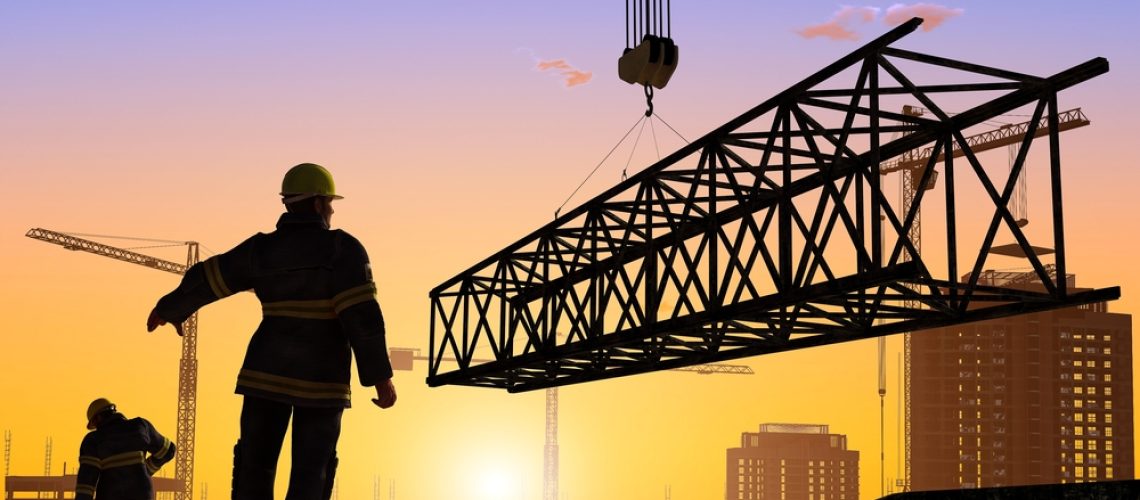A shocking report reveals the full extent of “Operation Cardinas”, one the UK’s largest modern slavery investigations, and lessons learned. The investigation found that a criminal group managed to place victims of forced labour into a number of major construction sites and infiltrated at least 33 businesses.
Dame Sara Thornton, the Independent Anti-Slavery Commissioner notes that the construction sector’s labyrinthine network of subcontractors obscures visibility of lower levels of supply chains. Furthermore, the ongoing skills shortage, which has historically been offset by migrant workers, has been exacerbated by the pandemic and changing immigration rules.
Temporary workers at risk of exploitation?
While modern slavery is at the extreme end of exploitation, there is a lack visibility of how temporary workers are being treated in the lower tiers of supply chain, and this can make them vulnerable. There are concerns that subcontractors are not doing enough to check conditions for agency workers, with findings from subcontractor audits including that:
- 31% of companies were unable to demonstrate that they checked for charges made to workers for employment through agencies or umbrella companies;
- 27% did not verify that workers engaged by third parties such as subcontractors, agencies or umbrella companies, were paid in line with project or nationally recognised minimum pay rates;
- 20% of companies were found to be applying non-standard charges to workers in the form of commission, agency, payroll or administration fees;
- Some workers had lost as much as 25% of their weekly wage through non-standard deductions.
The report also notes that in many parts of the construction industry, self-employment is the only option. By definition, self-employment offers very few protections to those working in this way, meaning they could be vulnerable to exploitation and may not even receive minimum wage. Helping workers to understand their employment rights is a growing area of focus for the sector.
Progress being made
However, progress is being made and there are lots of positive moves by construction companies to address risk of labour exploitation, both internally and with their suppliers. It is standard for large businesses to provide whistleblowing or speak up lines for employees, agency workers, suppliers or other stakeholders to raise concerns. Several are actively promoting anonymous helpline services as the first point of contact for suspected modern slavery or human trafficking, and many sites display posters or other signage in several different languages.
Other initiatives include improved onboarding and vetting procedures, training suppliers, streamlining labour provision, auditing their processes and ensuring worker understanding.









